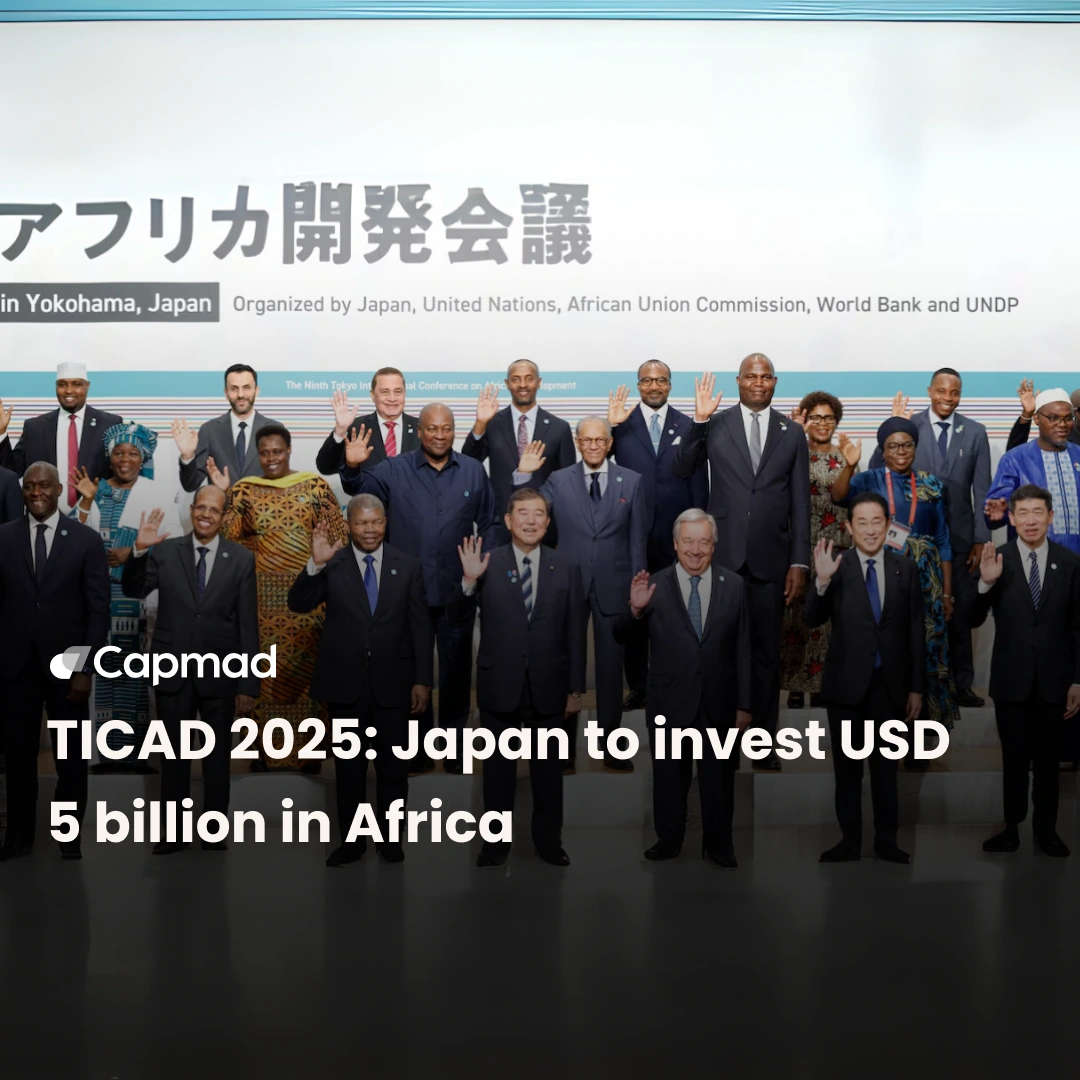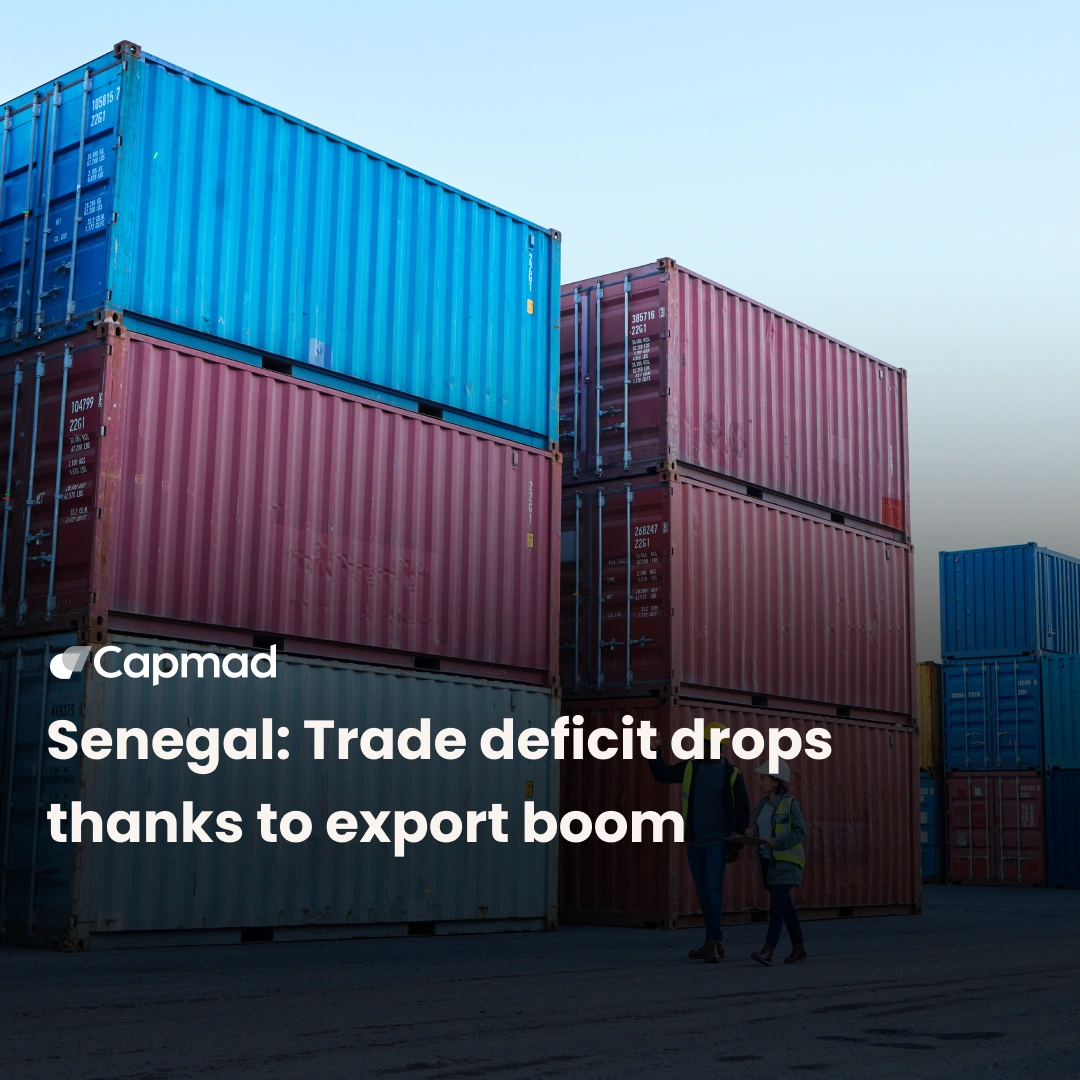Morocco has embarked on a series of economic reforms since 2023, including an extension of social protection and a new approach to stimulating local growth.
Navigating Economic Resilience: Addressing Major Challenges
Morocco has faced several significant economic challenges in recent years. The exceptional drought of 2022 resulted in a slowdown in economic growth, which is expected to recover as various industries are strengthened in 2023. Additionally, the devastating earthquake that occurred this year caused extensive material damage and nearly 3,000 deaths, further impacting the economy.
The real GDP growth of Morocco dropped from 7.9 % in 2021 to 1.2 % in 2022, while the current account deficit widened from 2.3 % to 4.1 % of GDP. The extreme volatility of agricultural production, due to increasingly frequent climatic shocks, contributed to half of this deceleration.
These economic fluctuations are not uncommon, as Morocco’s economy has undergone significant structural changes over the past two decades, including a drop of -2 % in 1997.
The disruption caused by these shocks has led to the emergence of a new paradigm in Morocco, emphasizing complementarity between supply and demand, as well as between the state and the market. This rebalancing could serve as an inspiration for other developing countries in Africa and around the world.
Economic reforms in Morocco
The IMF has released a report underscoring Morocco’s macroeconomic stability, institutional resilience, and robust regulatory framework, along with its notable capacity to attract foreign direct investment (FDI).
Despite these achievements, the journey toward achieving stronger and more inclusive growth poses significant challenges for the Moroccan economy. These challenges include high youth unemployment rates and substantial economic disparities for women.
Furthermore, a paradigm shift is imperative to enable the economic empowerment of Moroccan women, a crucial step toward realizing the country’s ambitious goals outlined in the National Development Model (NMD).
New approach from the Moroccan government
In 2023, the Moroccan government implemented a series of policy measures, including general subsidies on essential products and maintaining regulated prices for certain goods. These actions helped stabilize prices for nearly a quarter of goods and services. However, this initiative required additional public spending, amounting to almost 2 % of GDP.
Outlook and future challenges
Morocco has received investment for a technical support project for the MEF, arising from the reforms of the Ministry of Economy and Finance in 2023. This assistance is designed to support the efforts of the Moroccan authorities.
The aim is to support and fuel reflection on the conduct of pension reform, and to contain its impact on public finances and the budget balance. The target completion date is December 31, 2025.
Morocco presents key factors for sustainable development. Wealth-creating sectors are growing (banking/insurance, tourism, export industries, public works, phosphate fertilizers, etc.). In this vein, the national flagship Saham Group has just acquired Société Générale Maroc for EUR 745 million. The gradual legalization of foreign exchange and capital markets has accompanied these far-reaching trends.
As a result, Moroccan companies are recording better economic results. Indeed, 73 % of Moroccan CEOs remain confident in their company’s ability to weather the economic slowdown, according to PwC’s Global CEO Survey.






